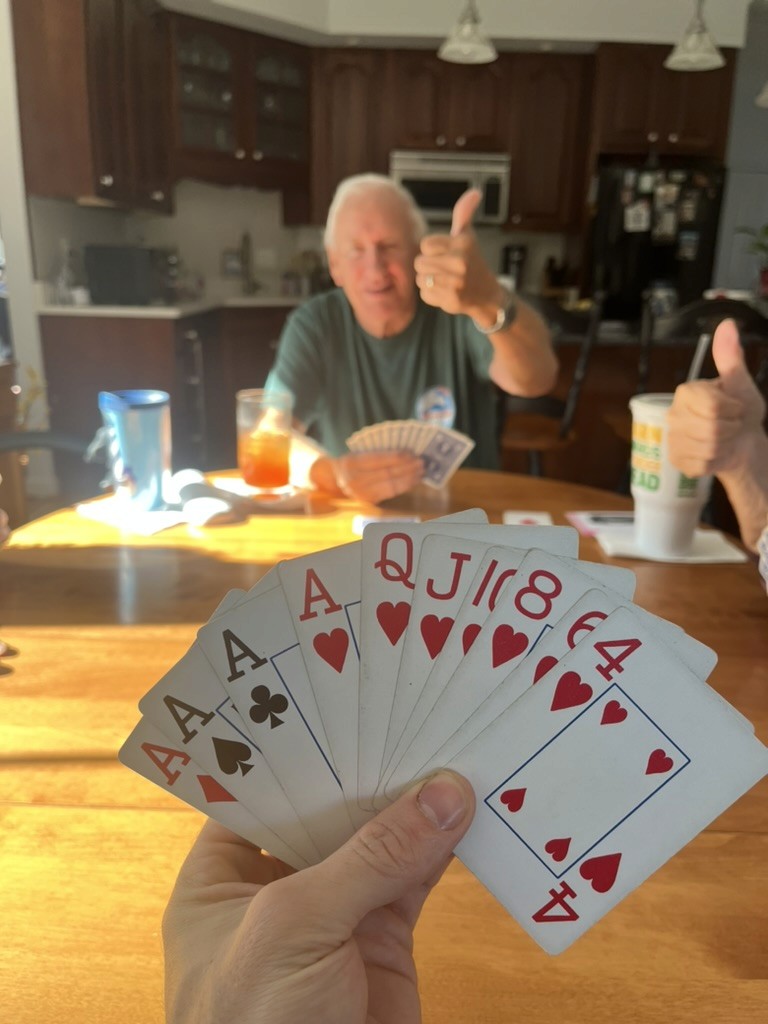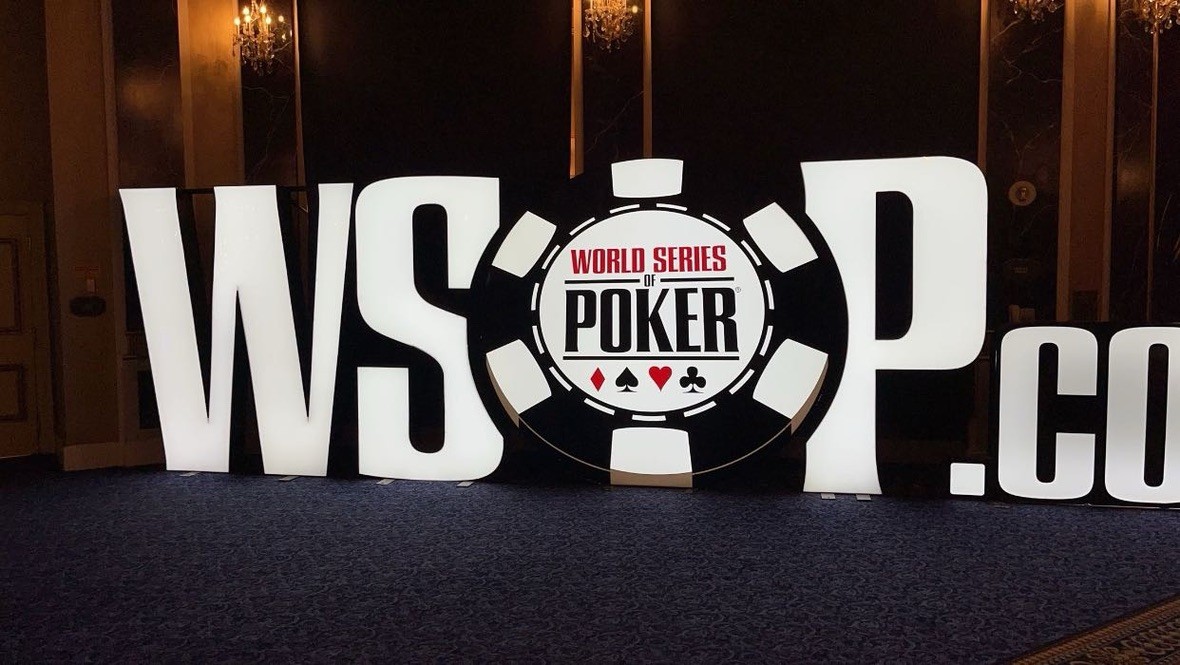
Poker and..... quantitative investing?
I come from a family of card players. My grandmother, to this day, is still the best card counter I've ever met and when I'm in Maryland, I still play cards with her and her two best friends every Saturday - a tradition we've been upholding since I was in middle school. She kicked off my love for card games like Rummy 500, Pinochle, Texas Hold'em, and Omaha.
Little did I know that these skills would be even slightly valuable in the world of quantitative finance and startups.

Explaining The Overlap
This might sound crazy if it's a brand new concept to you as it initially was to me, but what's been particularly eye-opening is the prevalence of poker in both the startup scene and the quantitative hedge fund world.
During a $500 buy-in at the World Series of Poker in 2023, I found myself at five different tables where at least one player worked at a quant fund. Even more surprising, I learned that Susquehanna International Group, a major player in the quantitative trading world, not only encourages poker play but actually sponsors some of their top probability pros to compete in the WSOP. This connection between poker and quant trading initially blew my mind, but upon closer examination, it makes perfect sense.
Teaching Decision-Making Under Uncertainty
Quant funds use poker to teach traders about real-life decision making under uncertainty. At its core, both poker and (quantitative) trading are about making rapid decisions based on probabilities derived from available information. It's a constant exercise in evaluating situations, calculating odds, and making choices that maximize expected value, and afterwards running quick retrospectives on whether a decision was accurate, allowing for rapid honing of skills.
Poker also offers a unique opportunity to develop people-reading skills, an often-undervalued asset in the professional domain. Play long enough, and you'll begin to pick up on subtle tells. Sometimes it's a player bringing their cards slightly closer to their body, an unintentional glance at their chips when they have a good hand, or even the way their ears change color when they're bluffing and their heart is racing.
These soft skills in reading human behavior can be carry through to a trading environment, where understanding the psychology of market participants can provide an edge.
It's important to note that playing like a degenerate won't teach you the skills quant funds value, but if you approach poker with a strategic mindset allows you to hone soft skills while practicing probability and game theory in real-life scenarios.
The Bigger Picture
Just like in poker, success in markets requires more than just the ability to quickly calculate probability - they both need a combination of rapid thinking, the ability to make quick decisions under pressure, observation skills, and a relative understanding of human psychology.
Play - and trade - at your own risk :)

So far the farthest I've gotten is 16th at a side event. We'll get to that final table next year!